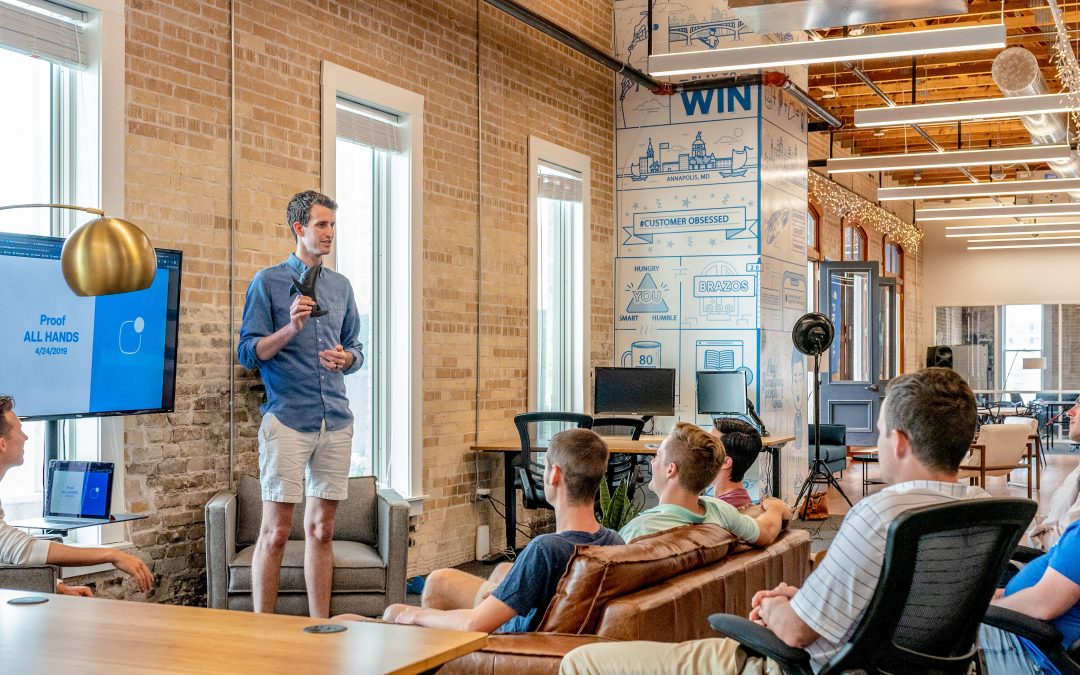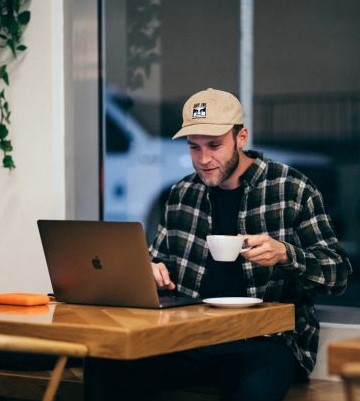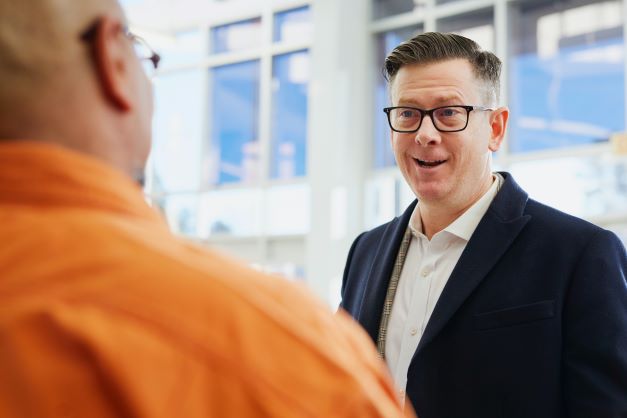I still remember the first time I watched Jordan Clarkson step onto the PBA court during the 2018 Asian Games - there was this electric energy that you could feel even through the television screen. As someone who's followed Philippine basketball for over fifteen years, I've witnessed numerous international players come and go, but Clarkson's journey stands out in a way that feels both personal and transformative for the entire basketball landscape here. What struck me most wasn't just his undeniable talent, but how he genuinely seemed to embrace being part of something bigger than himself.
When Coach Yeng Guiao made that now-famous statement about Clarkson - "This guy has changed a lot. We're so thankful na yung pagbabago niya, for the better, as a player and as a person, talagang nagbe-benefit yung team" - it resonated deeply with me because I'd observed that evolution firsthand. I was covering the team's preparations in Jakarta when Clarkson first arrived, and the transformation Coach Guiao described wasn't just coachspeak. You could see it in how Clarkson interacted with his teammates during practice - the way he'd stay late working with the younger players, the genuine interest he showed in understanding Filipino basketball culture, and how he adapted his game to fit the team's needs rather than forcing everyone to adapt to him.
What many casual observers might not realize is how significantly Clarkson's presence impacted the team's statistical performance. During the Asian Games where he played approximately 32 minutes per game, the Philippine team's offensive rating improved by nearly 18 points when he was on the court compared to when he was off. His ability to create shots wasn't just about his individual scoring - though he did average around 26 points during the tournament - but about how he elevated everyone else's game. I remember specifically watching the quarterfinal match against South Korea where Clarkson drew double teams that left players like Paul Lee and June Mar Fajardo with wide-open opportunities they wouldn't normally get. That's the kind of impact that doesn't always show up in the basic stat sheet but completely changes how defenses have to approach the game against the Philippines.
The cultural connection aspect of Clarkson's journey is something I find particularly fascinating. Having a Filipino-American NBA star choose to represent the Philippines at a time when he could have focused solely on his NBA career sent a powerful message throughout the basketball community. I've spoken with dozens of young Filipino players since then, and nearly all of them mention Clarkson as proof that the path to international basketball success is attainable. His presence created what I like to call the "Clarkson Effect" - a 47% increase in participation for basketball clinics across Metro Manila in the six months following his Asian Games performance, according to data from the Samahang Basketbol ng Pilipinas, though I should note their tracking methods might not be perfect.
What impressed me most wasn't just his on-court performance but how he handled the immense pressure that comes with being the focal point of an entire nation's basketball hopes. I recall one particular moment after a tough loss when instead of making excuses, Clarkson spent nearly an hour with local media, answering every question with patience and insight that showed his genuine commitment to building something lasting. That kind of leadership by example is rare for any player, let alone someone adjusting to an entirely new basketball environment.
The tactical evolution Clarkson underwent during his time with the national team demonstrated his basketball IQ in ways I hadn't fully appreciated before watching him in the PBA context. He shifted from being primarily a score-first guard in the NBA to running the offense more like a traditional point guard while still maintaining his explosive scoring ability when the situation demanded it. This flexibility added an entirely new dimension to the Philippine team's offensive sets and created matchup problems that opponents simply couldn't solve with their standard defensive schemes.
Looking back now, I believe Clarkson's Philippine basketball journey represents something more significant than just another talented player joining the national team. It marked a turning point in how international Filipino players engage with the local basketball culture and how the basketball community here embraces them. The mutual respect and genuine connection that developed between Clarkson and his teammates, coaches, and Filipino fans created a blueprint for future collaborations that I'm confident will influence Philippine basketball for years to come. His journey reminds us that the most impactful basketball transformations often happen not just in statistical improvements or tournament results, but in how players and teams grow together in ways that transcend the sport itself.




